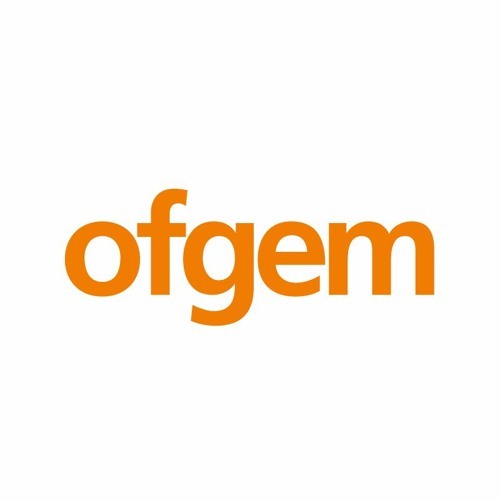Ofgem has issued energy networks and suppliers with letters detailing high priority activities during the current pandemic.
These were put together following consultations with energy networks, electricity generators, gas shippers and suppliers, and are designed to help companies overcome challenges and continue to provide a reliable service.
For energy networks, the works that should be prioritised include emergency response and critical repairs, the operation of network control rooms and call centre functions, essential connections work and planned work that is necessary for the short to medium term security of supply and network resilience.
Additionally, safety critical work that impacts the integrity of the network, the general public’s safety or work that presents a significant environmental risk if not prioritised should also continue.
Routine repairs and maintenance, meter and connections work are amongst the operations deprioritised.
For energy suppliers, Ofgem has provided themes for companies to consider when prioritising works. This is less finite than the advice for networks, as “in these exceptional circumstances, we recognise that suppliers’ individual circumstances will vary from each other and evolve over time and there is no one-size-fits-all response,” the letter states.
As such, suppliers are being advised to consider governance, moving forwards in a consumer-centric fashion. This includes prioritising proactive risk mitigation steps for any areas that have the potential for immediate consumer harm.
The letter reiterates that home visits should be suspended apart from those deemed essential or emergency, and that suppliers should continue to work to financially assist consumers.
Customer communication forms a large part of the regulator’s advice to consumers, calling on them to be both proactive and reactive amid this time of uncertainty.
Similarly, Ofgem reiterates calls to be pragmatic when it comes to regulatory engagement. This includes reporting any concerns or changes to the regulator.
The letter states: “We strongly encourage continued transparency and self-reporting by suppliers, and for suppliers to make use of regular ongoing engagement with Ofgem to raise any risks and issues.”
For both letters, definitions are designed to be “illustrative rather than exhaustive” Ofgem has stated. This leaves flexibility for companies to make the right decisions for their customers throughout this period.
This framework of regulatory flexibility will remain until 30 June 2020, but it will be revisited and potentially adapted in response to the progression of lockdown and other COVID-19 measures.
Jonathan Brearley, CEO of Ofgem thanked all those working in the sector at this difficult time.
“Now is a challenging time for all businesses. As an essential utility, customers will continue to need energy whatever their circumstances, and I’m pleased that the energy industry has already demonstrated its commitment to customers.
“The purpose of today’s letters is to provide clarity so that the industry is free to focus on core services to customers.”






